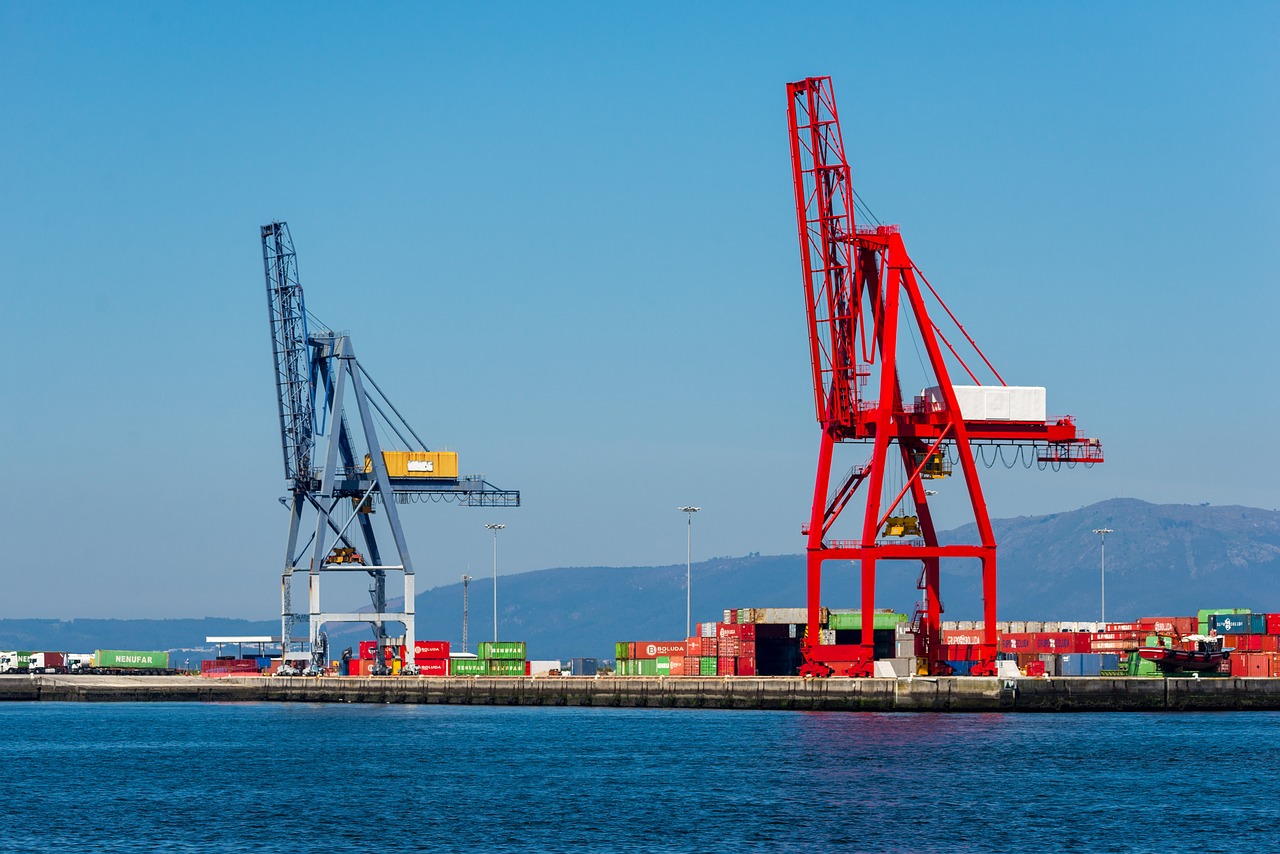
What kind of loading agent qualifies as professional and reliable?
When selecting an export container-loading agent, three core qualifications must be verified:
- International logisticsNetwork: Check whether a directly-affiliated branch office exists at the destination port (e.g., ports in RCEP member countries newly added in 2025).
- Special cargo handling capability: Hazardous materials must have IMDG certification, and cold-chain cargo requires an ATP certificate.
- Digital Management System: Should be supportedThe containerReal-time location tracking and electronic seal technology
What hidden costs are included in the container-loading agency fee?
The quotation must clearly distinguish the following cost items:
- Basic service fee (60%–70% of the quoted price):
- Container Leasing and Equipment Usage Fees
- Terminal Handling Charge (THC)
- EmergencyAdditional fees(Recommend reserving 15% of the budget):
- Supplementary Seasonal Fees (PSS)
- Low-Sulfur Fuel Surcharge (2025 IMO Regulation Compliance)
What are the common pitfalls in LCL container loading?
Special attention is required under the 2025 new customs regulations:
- Mixed-loading restrictions: Chemical products and food items must not be stored in the same container (they must be separated by at least three other cargo categories).
- Weight distribution: Unilateral loading must not exceed 65% of the container's rated payload.
- Customs Declaration Consistency: The actual loading must fully correspond to the declared HS code
How to maximize container loading efficiency?
It is recommended to adopt a three-dimensional loading algorithm:
- The theoretical utilization rate of a standard 40HQ container should reach 92% or above.
- Irregular-shaped cargo should be given priority for securing with an inflatable dunnage bag system.
- The loading plan must be certified by TüV for overturning resistance testing.
How to Effectively File a Claim for Damaged Goods?
A complete chain of evidence must be established:
- Before loading: Record a seven-point inspection video of the container (including details such as the floor and walls).
- When sealing the cabinet: use blockchain-based evidence storage technology with a timestamp
- Claim documents: must include the cargo damage inspection report issued by SGS
What are the special requirements for loading special cargo into containers?
Take lithium battery exports as an example (2025 UN38.3 new regulations):
- Container gas concentration testing must be completed 72 hours before loading.
- Anti-static padding must be used to isolate the cargo.
- A Class 9 hazardous materials label visible from 3 meters must be affixed to the exterior of the container.


 Follow the customer service WeChat account.
Follow the customer service WeChat account.